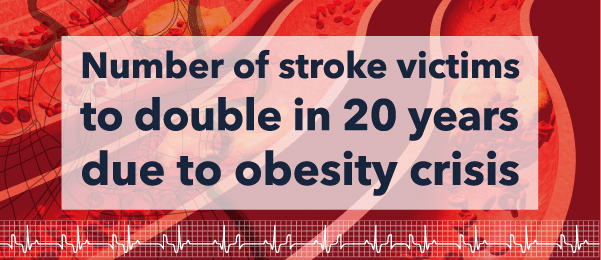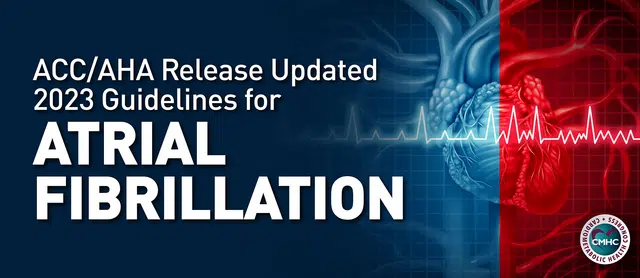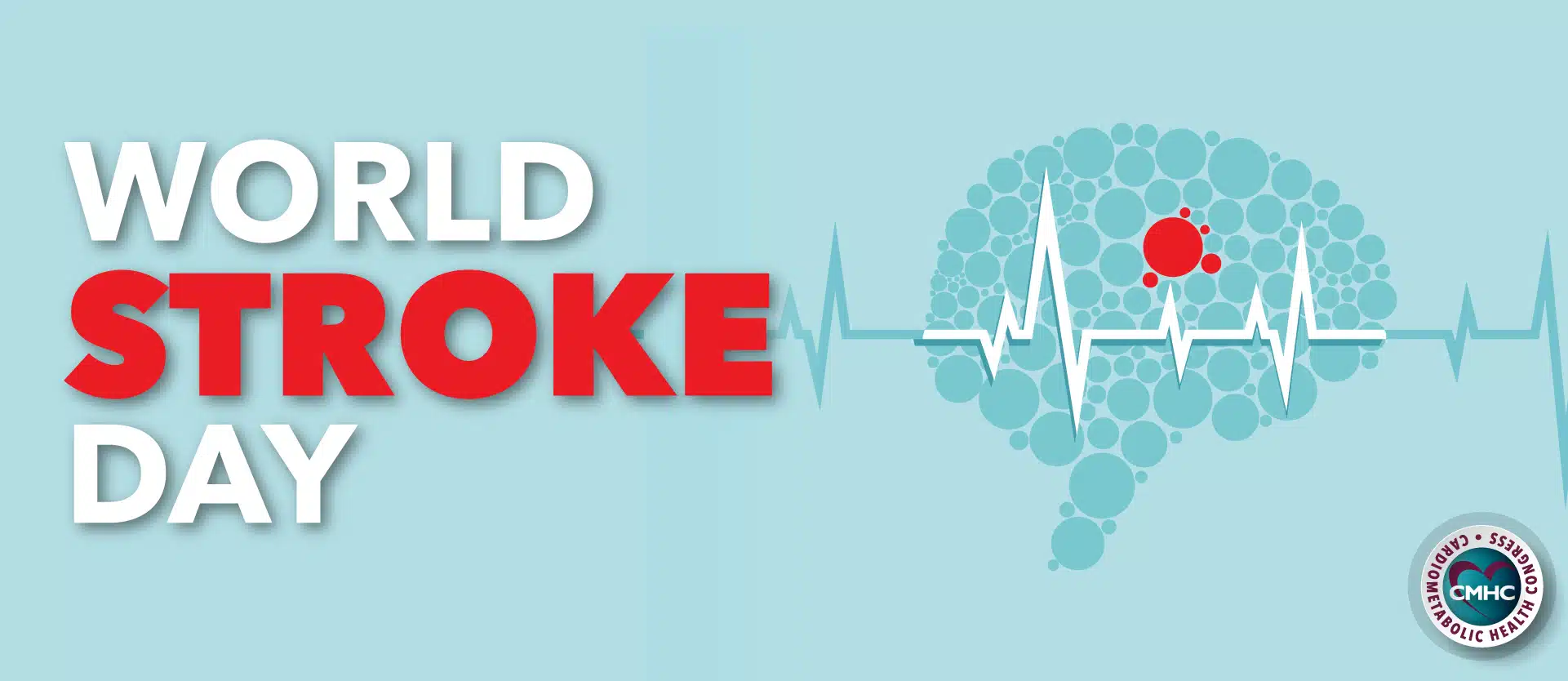Fueled by the consistently worsening obesity crisis, cases of stroke victims are expected to almost double in the next two decades.
Experts note that the number of new strokes in the United Kingdom alone could jump by 44% by 2035; currently, more than one in four adults qualifies as obese or overweight—compared to one in thirty-five, a statistic from the 70s.
The Stroke Association has noted that poor lifestyles habits put people at a much greater risk of attacks, further commenting that the additional costs of skyrocketing cases could cripple public health service organizations.
While obesity significantly boosts the risk of stroke, some elementary lifestyle changes can be implemented in order to prevent cardiovascular disease: including eating healthier meals, and committing to an exercise routine. Statistics indicate that almost nine in ten strokes are due to long-term conditions like diet, lack of movement, and obesity.
Recent studies have also demonstrated that the risks for stroke also exist for younger people, not solely older adults. According to the Centers for Disease Control and Prevention, obesity has more than doubled in younger children and teens throughout the past three decades.
The findings highlight the need to recognize obesity as a risk factor for stroke in younger adults, and take steps to control related conditions like high blood pressure and hypertension.


















